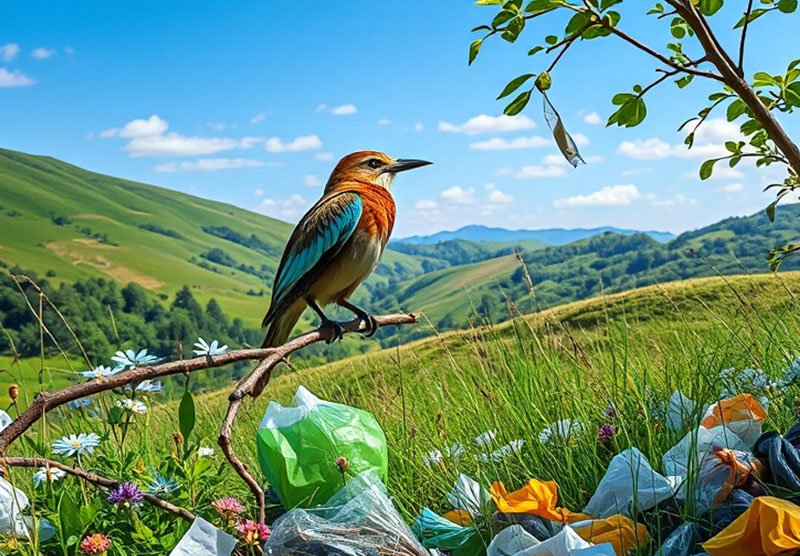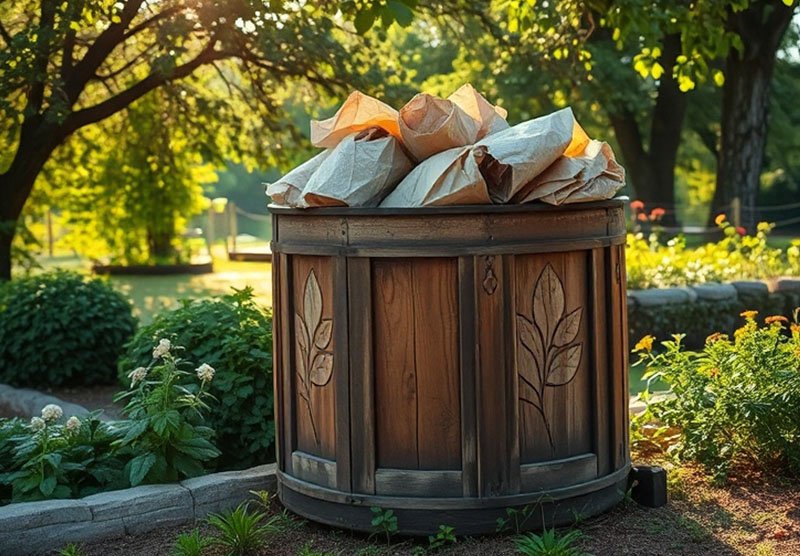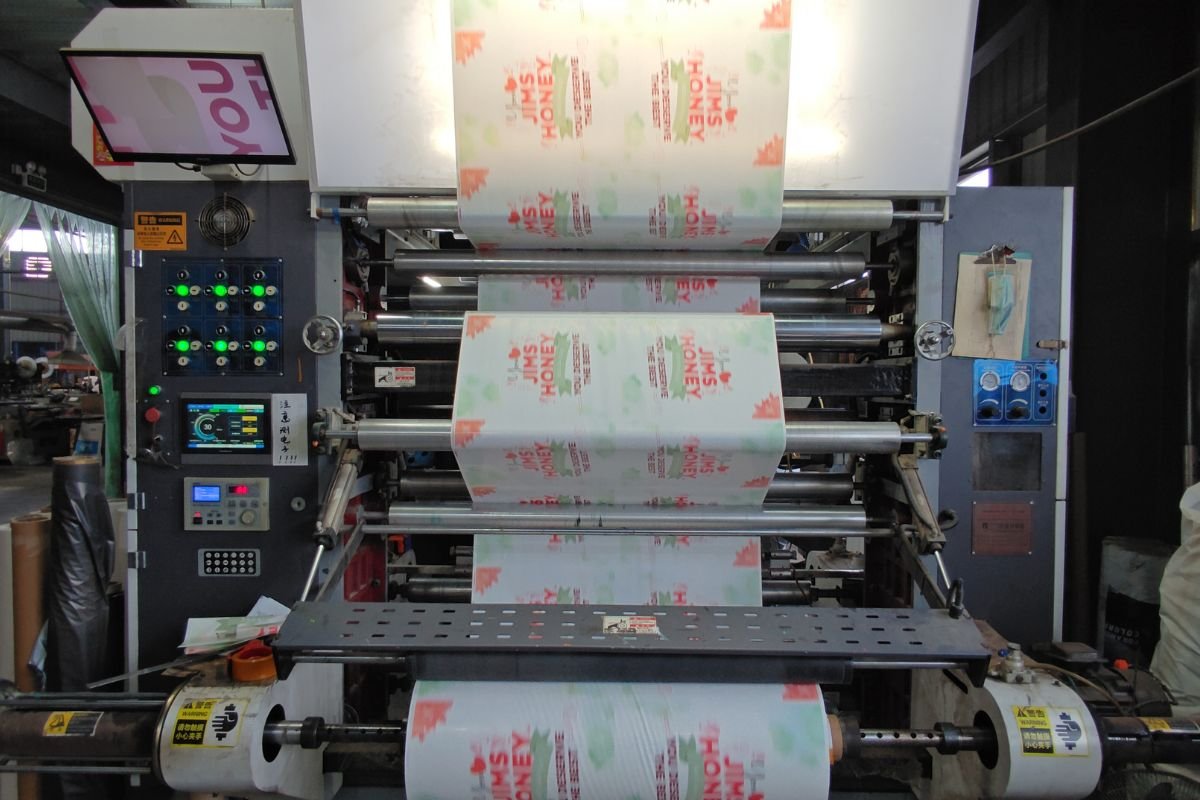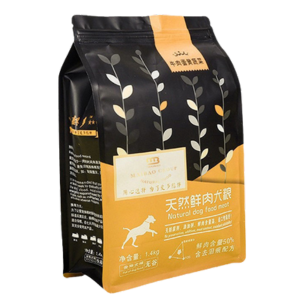Plastic pollution is choking the planet. Customers want eco-friendly options, and brands are scrambling to deliver. But here’s the million-dollar question—are paper bags really that much better? Especially when it comes to decomposition?
Paper bags take about 1 to 2 months to decompose naturally, depending on environmental conditions like moisture, heat, and exposure to microorganisms. Unlike plastic, which can take centuries, paper returns to the earth fairly quickly.
Sounds good, right? But as someone who runs a paper bag empire (yep, that’s me), I’ve got a bit more to say on the subject.
What Affects Paper Bag Decomposition Time?
Decomposition isn’t one-size-fits-all. The environment plays a big role.
If you toss a paper bag into a warm, moist compost pile, it can decompose in 30 days or less. But throw it in a dry garage or a landfill without oxygen? It might sit there for months.
Here are a few key factors:
- Moisture: Water speeds things up.
- Heat: Warm temperatures = faster breakdown.
- Oxygen: Aerobic environments decompose faster.
- Material Type: Uncoated kraft paper breaks down faster than laminated or wax-lined paper.

At GreenWing, we design our bags using 100% biodegradable kraft paper, meaning they’re made to break down clean and fast. No plastic coating, no nasty surprises.
Is Paper Really More Eco-Friendly Than Plastic?
Short answer: Yes. Long answer: It depends on how you use it.
Paper bags:
- Come from renewable resources (like trees)
- Break down easily
- Can be recycled and composted
Plastic bags, meanwhile, can float around for hundreds of years. They clog oceans. Kill marine life. And don’t even get me started on microplastics.
But! Paper bags do take more energy to produce. That’s why durability and reuse matter. Our GreenWing paper bags are made to be reused multiple times, not just once and tossed.

What Happens in a Landfill?
Let’s get real: Not all paper bags make it to compost heaven. Some end up in landfills.
And guess what? In a landfill, with low oxygen and low moisture, even a paper bag can take years to break down.
It’s called anaerobic decomposition, and it’s way slower. Plus, it can release methane gas—a sneaky greenhouse villain.
That’s why we always encourage our clients (like Mike in the U.S.) to work with proper recycling and composting partners.
Can Paper Bags Be Composted?
Absolutely. And they’re one of the easiest things to compost.
As long as the bag is:
- Free from heavy ink
- Not laminated or coated
- Torn into small pieces
…then your local compost bin will love it. Our food packaging bags, for example, use food-safe water-based ink—totally compost-friendly.
We even offer certified compostable options for businesses who want to go all-in on green.

How Can Businesses Help Speed Up the Decomposition Process?
You don’t need to be a scientist—just smart about your supply chain.
Here’s what you can do:
- Choose uncoated kraft paper
- Avoid plastic liners or wax coatings
- Educate your end-users about composting and recycling
- Work with certified manufacturers (like, cough, GreenWing)
- Push for green disposal infrastructure in your region
We’re not just selling bags—we’re helping brands build sustainable reputations. Mike Baker’s team? They now use our compostable food bags and even add a “100% compostable” icon to boost customer trust.
Is GreenWing Packaging Truly Eco-Friendly?
You bet. We started in 2008 with one goal: make packaging smarter and greener.
Here’s what sets us apart:
- 100% FSC-certified raw paper
- 40+ national patents, including on biodegradable glue formulas
- Inks that are safe, soy-based, and compost-approved
- No plastic layers unless requested
- Customizable for food, retail, courier, and more
We’ve helped clients in the U.S., Canada, and Europe go greener without sacrificing style or strength. Our square-bottom and takeout bags are especially popular among food manufacturers and restaurant chains.
Conclusion
Paper bags take about 1–2 months to decompose naturally. But the speed depends on how the bag is made, and where it ends up. That’s why we’re committed to building paper bags that are eco-smart from start to finish.
Want to learn how your brand can reduce its footprint without sacrificing packaging quality?
Let’s talk.







